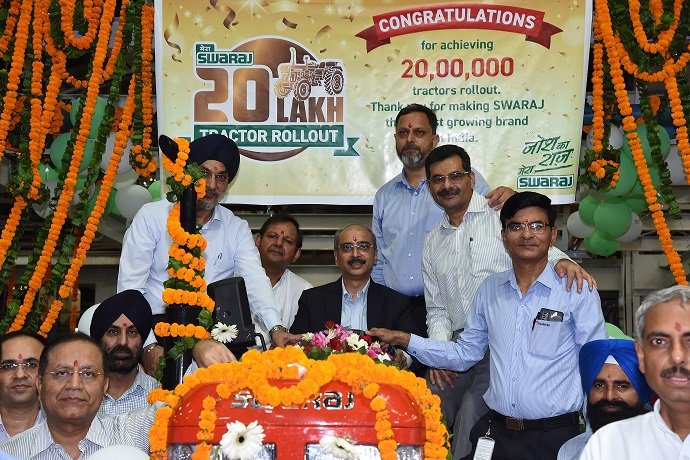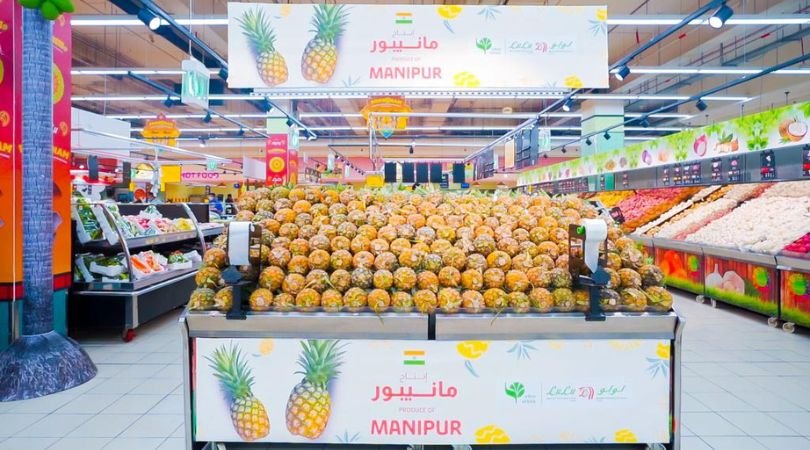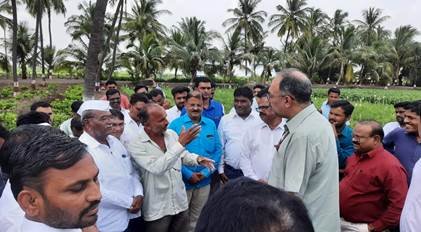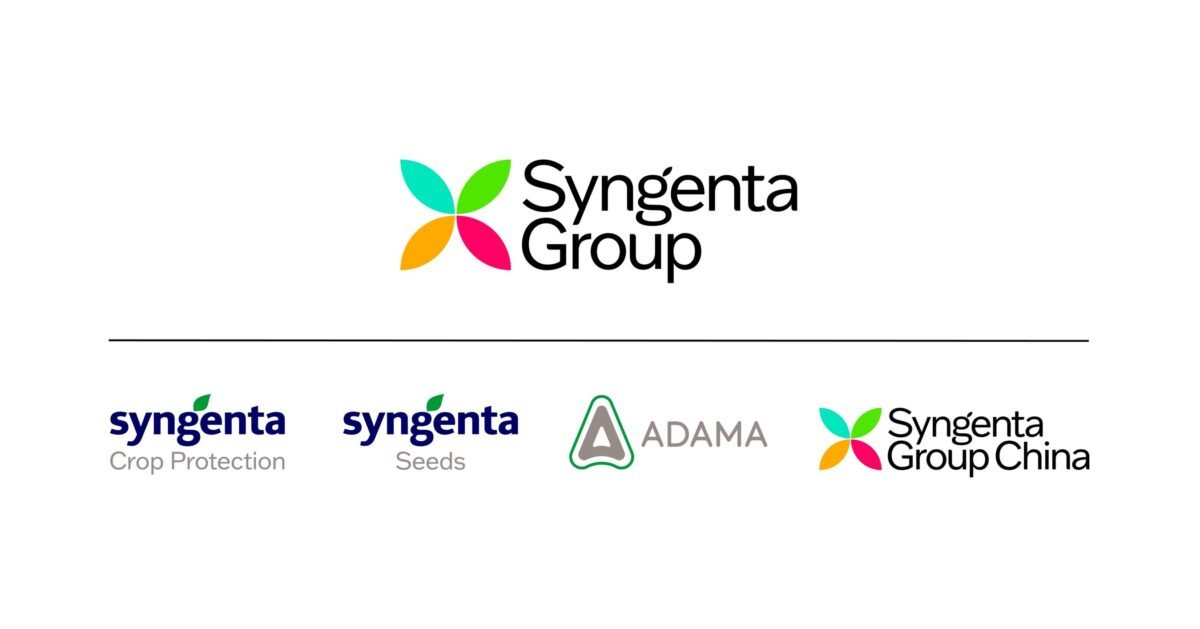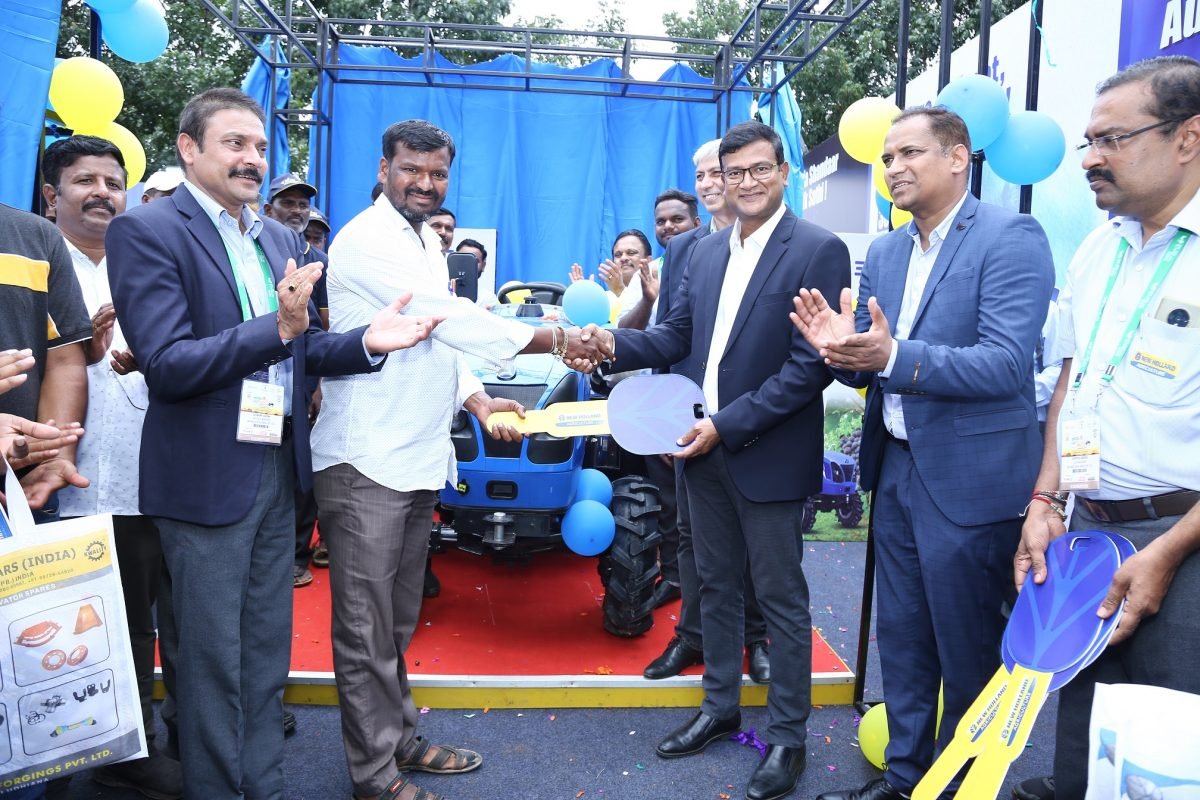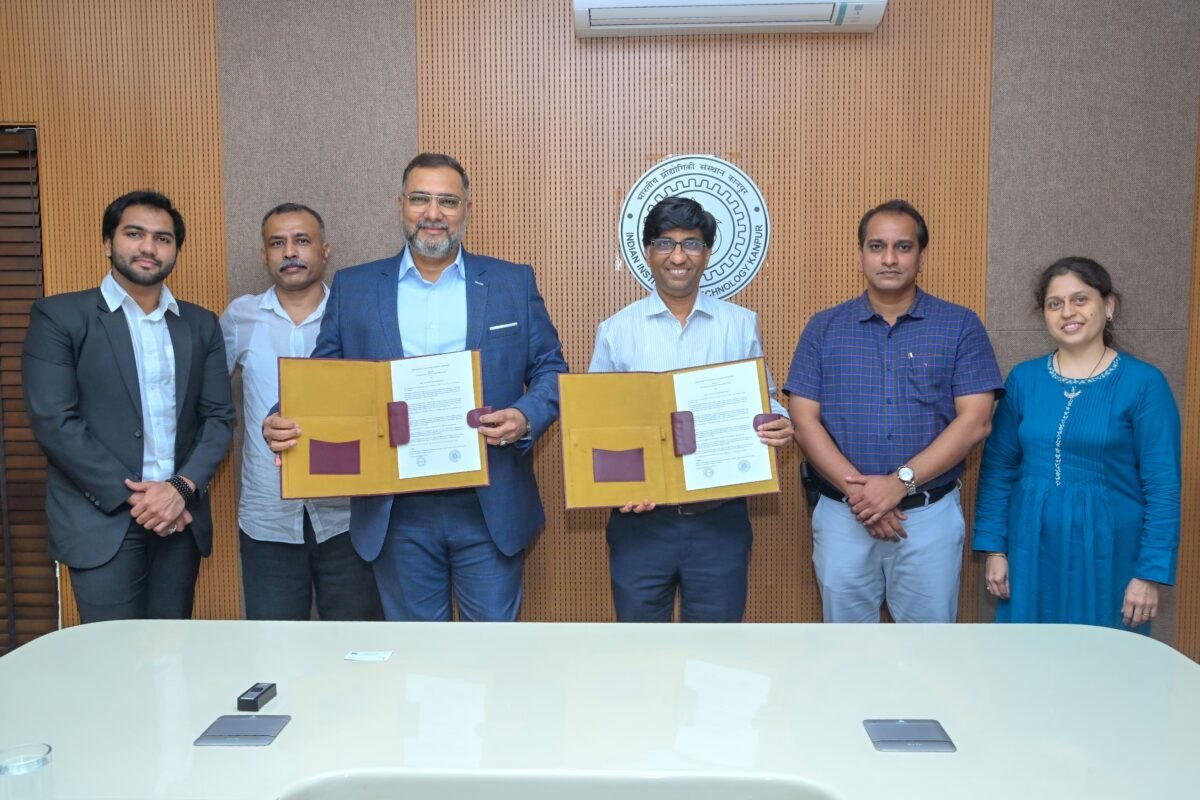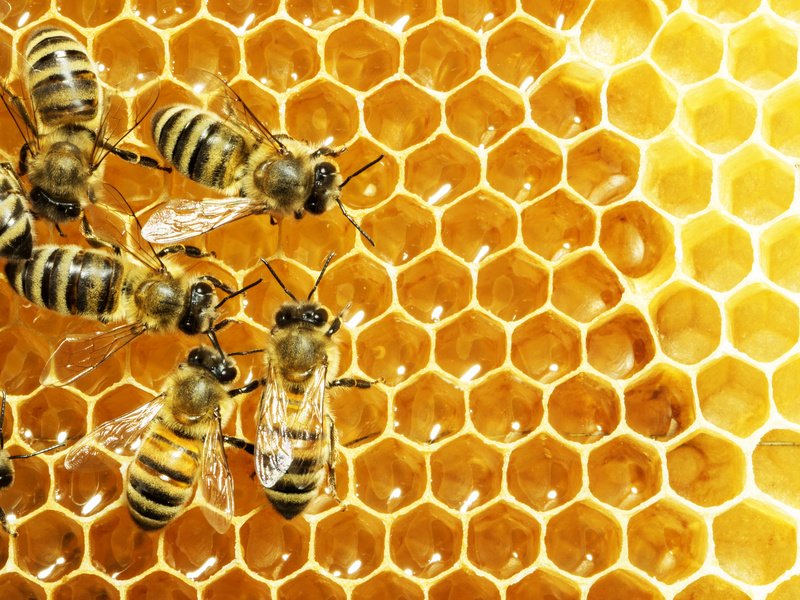To harness the export potential of honey in line with Prime Minister Narendra Modi’s vision of a ‘Sweet Revolution’ through promotion of beekeeping and allied activities, the Indian government along with honey producing farmers and private companies is taking huge strides forward to enhance honey production and revenue generation.
The rising prevalence of chronic medical ailments, such as diabetes, heart disease, and cancer, represents one of the key factors positively influencing the honey market in India. In addition, the escalating demand for immunity-boosting and health-improving products is offering lucrative growth opportunities to honey manufacturers. The rising utilisation of honey in home remedies is also increasing the sales of honey in the country. Apart from this, scientific validation of the medicinal properties of honey and its rising usage in formulating medicines for the treatment of cough and acute throat infection on account of its antiviral, antifungal, and antibacterial properties is augmenting the market growth. Additionally, leading players are focusing on launching different product variants, which is propelling the market growth. Along with this, the Government of India is introducing various training programmes and mentoring services to educate farmers on the latest beekeeping practices. Furthermore, the expansion of organised distribution channels, such as supermarkets, hypermarkets, convenience stores, and general stores, along with the thriving e-commerce industry, is stimulating the market growth. Moreover, increasing investments by key players in research and development (R&D) activities to improve extraction processes are anticipated to drive the market further.
The Indian apiculture market reached a value of Rs 20,480 million in 2021. It is all geared up to reach a benchmark figure of Rs 40,161 million by 2027, with a CAGR of 11.73 per cent during 2022-2027, according to IMARC, a global research company with its headquarters located in Noida.
India is a major honey exporting nation. As per the data shared by the Ministry of Commerce & Industry, India exported 74,413 metric tonnes (MT) of natural honey worth Rs 1,221 crore during 2021-22, with the United States taking a major share at 59,262 MT. The United Arab Emirates, Saudi Arabia, Nepal and Morocco were the other top destinations for Indian honey. When it comes to producing and exporting honey, India came in at 8th and 9th, respectively. The main producing hubs for natural honey in the nation are Uttar Pradesh and West Bengal.
Policy Impetus for Apiculture
Exports of honey have enormous potential, particularly post the COVID-19 pandemic, given the rise in its intake as a potent immune booster and a healthier option than sugar. To further enhance honey production and to make this sector more profitable, last year, the Government of India approved an allocation of Rs 500 crore for the National Beekeeping and Honey Mission (NBHM) for three years (2020-21 to 2022-23). The mission was announced as part of the Atmanirbhar Bharat initiative in February 2021.
To harness the export potential of honey in line with Prime Minister Narendra Modi’s vision of a ‘Sweet Revolution’ through promotion of beekeeping and allied activities, the Indian government along with honey producing farmers and private companies is taking huge strides forward to enhance honey production and revenue generation. Keeping in view the importance of beekeeping as part of the Integrated Farming System in the country, the NBHM is promoting holistic growth of the beekeeping industry for income and employment generation for farm and non-farm households. Some of the focus areas include, enhancement of agriculture/ horticulture production, development of infrastructural facilities – including setting up of Integrated Beekeeping Development Centre (IBDC)s/Centre of Excellences (CoEs), honey testing labs, bee disease diagnostic labs, custom hiring centres, Api-therapy centres, nucleus stock, bee breeders, and empowerment of women through beekeeping.
Under NBHM, 11 projects totaling Rs 25.60 crore have been approved to increase both knowledge and skill in scientific beekeeping; empower women through beekeeping; and showcase the positive effect that honeybees can have on crop yields and quality. It also seeks to educate farmers about the availability of specialised beekeeping equipment for the manufacture of valuable commodities across the honey value chain. Products such as royal jelly, bee venom, and comb honey, as well as upcoming research into the potential of High Altitude Honey, unique honey production in the Kannauj and Hathrus districts of Uttar Pradesh, and the potential of mustard honey to treat colon cancer in 2020-21 are some of the major sub-elements associated with this project.
Elaborating further on the subject, Dr Tanu Sethi, Senior Associate, NITI Aayog stated, “The Sweet Revolution is an ambitious initiative of the Government of India, which is aimed at promoting apiculture, popularly known as ‘beekeeping’, for accelerating the production of quality honey and other related products. Beekeeping is a low investment and highly skilled enterprise model, in which technology application has emerged as a great enabler for socio-economic growth. The demand for good quality honey has grown over the years as it is considered a naturally nutritious product. Other apiculture products such as royal jelly, beeswax, and pollens are also used extensively in different sectors like pharmaceuticals, food, beverage, beauty, and others.”
Echoing similar thoughts, Anand Jakkulwar, CEO, Anand Bee Farm Enterprises said, “Recently, the beekeeping sector has attained new heights owing to the Central Government’s initiative ‘Sweet Revolution’. This initiative has attracted many young entrepreneurs to get associated with this business and has resulted in enhancing the production of honey in India. If everything falls into place, India has the potential to become a leading honey producer in the world.”
To read more click on https://agrospectrumindia.com/e-magazine
To harness the export potential of honey


